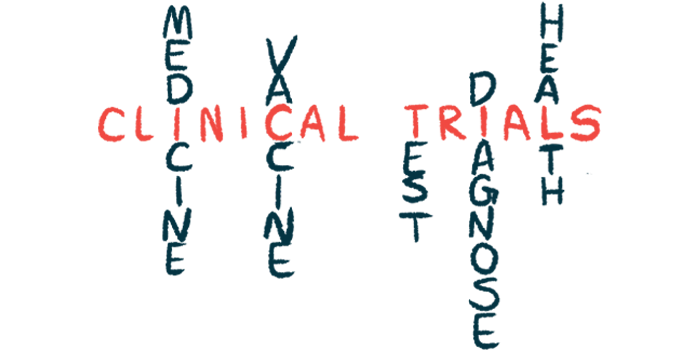First Patient Dosed in Resumed Trial of Montelukast for Alzheimer’s

The first patient has been dosed in the resumed Phase 2a clinical trial of montelukast for mild to moderate Alzheimer’s disease.
IntelGenx, the company running the study known as BUENA (NCT03402503), suspended the trial in late 2020 due to increased concern regarding the COVID-19 pandemic.
“Resumption of patient dosing after a COVID-related interruption of the study of over one year is a significant milestone for this novel drug repurposing program,” Horst Zerbe, PhD, CEO of IntelGenx, said in a press release.
Montelukast is a leukotriene receptor antagonist, which helps prevent some inflammatory processes. It was initially approved in 1998 by the U.S. Food and Drug Administration (FDA) for the treatment of asthma and seasonal allergies. Previous research has shown that it can boost the production of nerve cell progenitors.
IntelGenx is therefore working on repurposing the therapy for treating neurodegenerative diseases. The company is reformulating the medication into an oral film with the use of its proprietary VersaFilm technology.
Montelukast VersaFilm may have advantages over tablets, including easier mode of administration. Additionally, the oral film allows for increased medication concentration at the affected site because it bypasses the body’s initial clearance of swallowed therapies.
Medications absorbed in the intestines are mostly cleared by the liver before making their way through the body. If a therapy is absorbed into the bloodstream directly from the mouth — as is the case with montelukast VersaFilm — liver clearance is avoided, allowing for lower doses and lower toxicity.
Phase 1 trials indicated that this oral film formulation is safe and tolerable in healthy subjects. Additionally, it had a 52% higher bioavailability as compared with regular montelukast.
The reformulated therapy also demonstrated that it can cross the blood-brain barrier — the thin, highly selective permeable membrane that controls what crosses into the brain from the bloodstream — which is an important feature for treating neurodegenerative diseases.
The Canadian Phase 2a BUENA study, which was started in 2018, is now resuming across multiple sites. The study includes patients over age 50 who have mild to moderate Alzheimer’s and are on a stable treatment with Aricept (donepezil), Exelon (rivastigmine), or Razadyne (galantamine) for at least three months.
Recruited participants will be randomly given either montelukast or placebo film. Treatments will be administered once or twice daily for 26 weeks.
At week 26, patients will be assessed through a battery of neuropsychological tests. All patients will be followed for any safety concerns for an additional four weeks following treatment.
“We believe that Montelukast VersaFilm has the potential to be disease-modifying, and we are excited to have resumed patient dosing in this proof of concept trial,” said Ludwig Aigner, PhD, a member of IntelGenx’s scientific advisory board.
“We look forward to the BUENA trial producing valuable data that will provide more complete insight into the safety, feasibility, tolerability and efficacy of Montelukast VersaFilm in patients with mild to moderate AD [Alzheimer’s disease],” Zerbe concluded.







